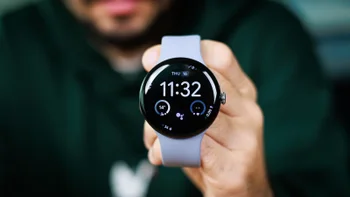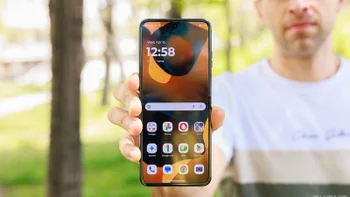US politicians ask Biden to blacklist former Huawei subsidiary Honor

A group of American politicians wants the current administration to extend the restrictions on Huawei to Honor, reports Reuters.
Chinese company Huawei was placed on a blacklist in 2019 by then President Donald Trump on the grounds that it posed a national security threat. This cut off Huawei's access to American technology, including chip blueprints and Google's software and apps.
In November of last year, Huawei sold Honor to free the sub-brand from the restriction imposed on it by the US. Honor targeted young, budget-conscious consumers, and was quite popular in Europe. The company also makes smartwatches and gaming laptops.
It appears that Huawei made the right call as companies that had severed ties with Huawei and consequently its subsidiary Honor, have now resumed relations with the latter. This includes the likes of Qualcomm, Google, Microsoft, AMD, Intel, MediaTek, Samsung, and Sony.
Honor says it is rapidly regaining lost market share. The company is now majorly owned by a Chinese government-backed consortium. George Zhao, who was its president at Huawei, is now its chief executive and other Huawei engineers and execs have allegedly also joined the company.
Honor is being viewed as a pawn of the Chinese government by Republicans
Republican senators believe that Honor is also a threat to national security and have asked the Biden government to blacklist it.
Florida senator Marco Rubio wrote a letter on Thursday that labels Honor as an arm of the Chinese government that now enjoys unrestrained access to vital US tech.
Beijing has effectively dodged a critical American export control. By failing to act in response, the Department of Commerce risks setting a dangerous precedent and communicating to adversaries that we lack the capacity or willpower to punish blatant financial engineering by an authoritarian regime
Huawei maintains its stance that it doesn't have any stake in Honor.
This matter has been brewing for some time. In August, a group of Republican Congressmen led by Michael McCaul asked the Commerce Department to place Honor on a blacklist. They said that Huawei sold the company to gain access to chips and software it's not legally allowed to buy.
As of September, key security agencies were divided on the matter. Apparently, the Pentagon and Energy Department support placing Honor on a blacklist, but the Commerce Department and State Department don't. The issue is in the hands of the political-appointee level at the four agencies at the moment reportedly, and if there is a deadlock, it will be forwarded to the Cabinet. If that also results in a stalemate, President Biden would make the decision.
The implications of the decision would also fall to US companies. Before it was placed on the entity list, Huawei was amongst the top smartphone brands of the world and many of its suppliers were US-based. A lot of them lost sales because of the ban and requested the Trump government to ease the rules.
The US mostly views Huawei's network equipment, and not its smartphones, as a security threat. By that logic, Honor doesn't really sound like a threat. The company is currently gearing up for the international launch of the Honor 50, which on paper looks like a decent mid-tier phone.
Follow us on Google News













Things that are NOT allowed:
To help keep our community safe and free from spam, we apply temporary limits to newly created accounts: